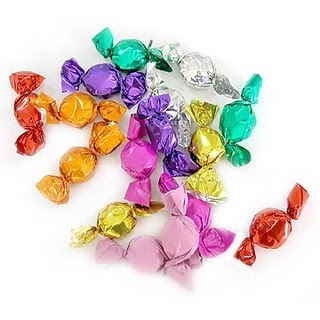Another Sweet Problem
 Alice just gave bob a box filled with 9 candies. Initially, each of the 9 candies is wrapped. They decided to play the following game,
Alice just gave bob a box filled with 9 candies. Initially, each of the 9 candies is wrapped. They decided to play the following game,
1) Bob chooses a wrapper from the box randomly one by one (assuming he can't differentiate between full and empty wrappers by touching).
2) If the wrapper contains a candy, bob eats it and puts the wrapper back in the box.
3) If wrapper is empty and there are any candies remaining, Alice wins.
4) If bob eats all the 9 candies without getting a single empty wrapper, Bob wins.
Now, suppose p/q is the chance of bob winning the game (q and p are co-prime), submit your answer as p + q.
You may want to use a fraction calculator.
The answer is 4787449.
This section requires Javascript.
You are seeing this because something didn't load right. We suggest you, (a) try
refreshing the page, (b) enabling javascript if it is disabled on your browser and,
finally, (c)
loading the
non-javascript version of this page
. We're sorry about the hassle.
A brief analysis using multiplicative rule would show that for 'n' candies, probability of getting all of them without getting a single wrapper (given that empty wrappers are put back into the box) turns out to be
p(n)= n n n !
the value for p(9) in form of fraction can simply be calculated using some online calculator or programming language.